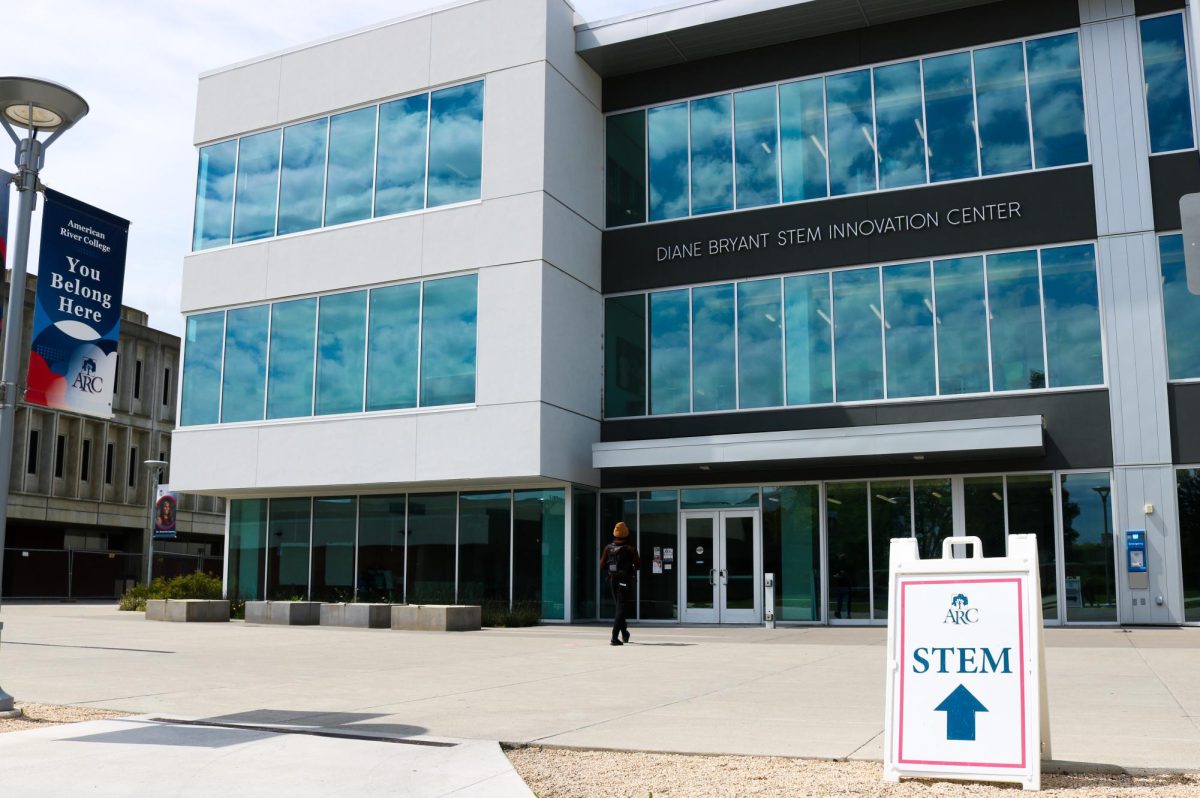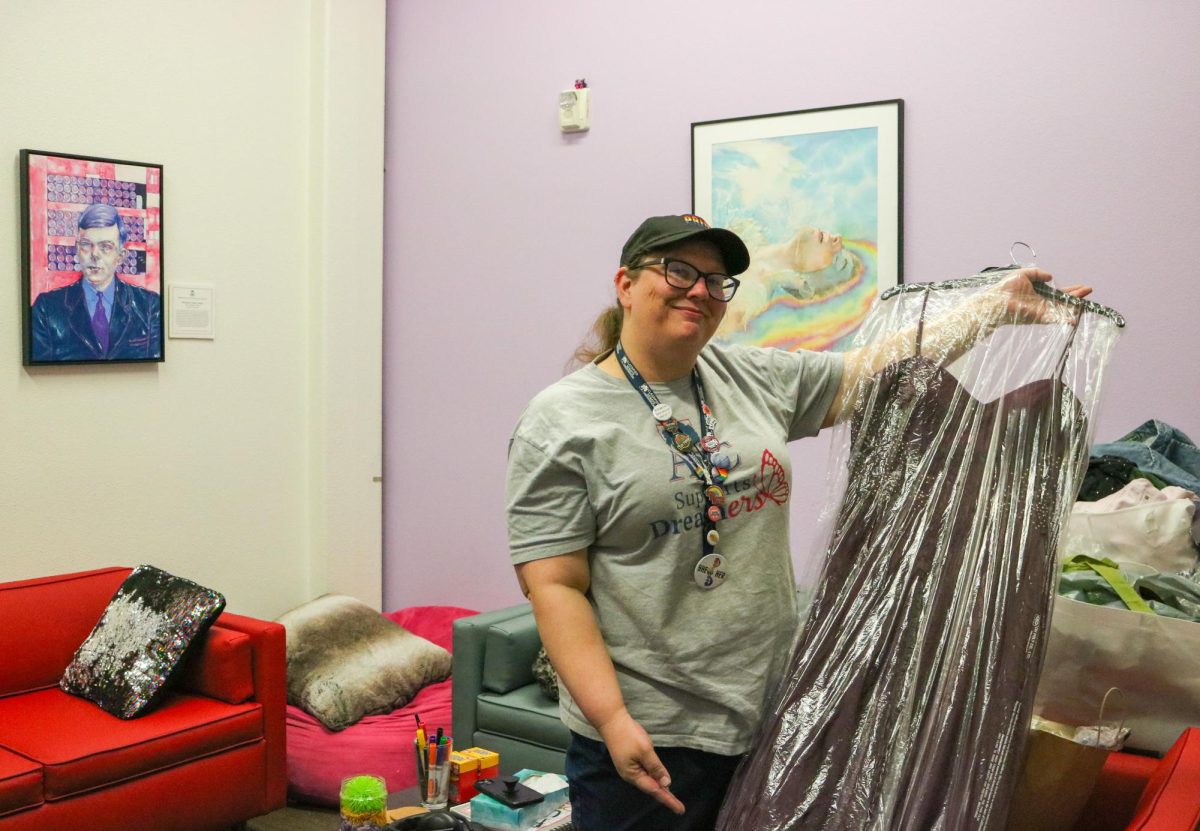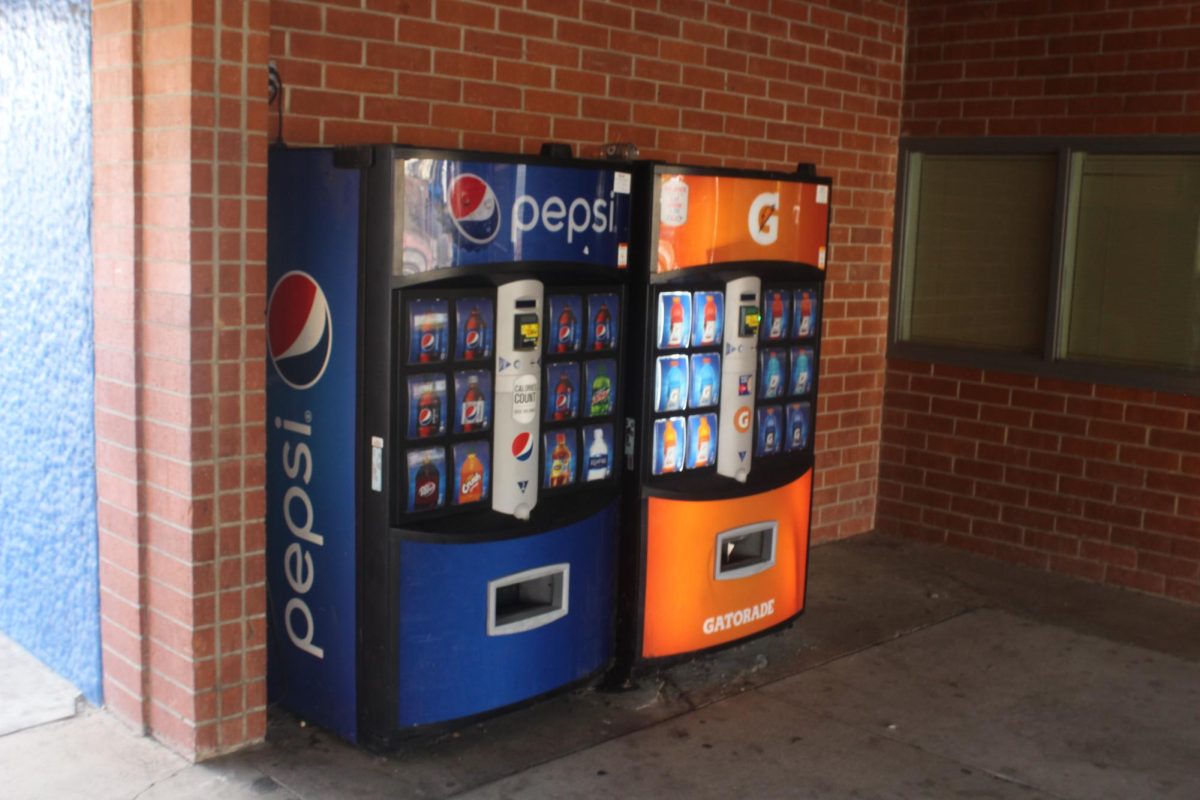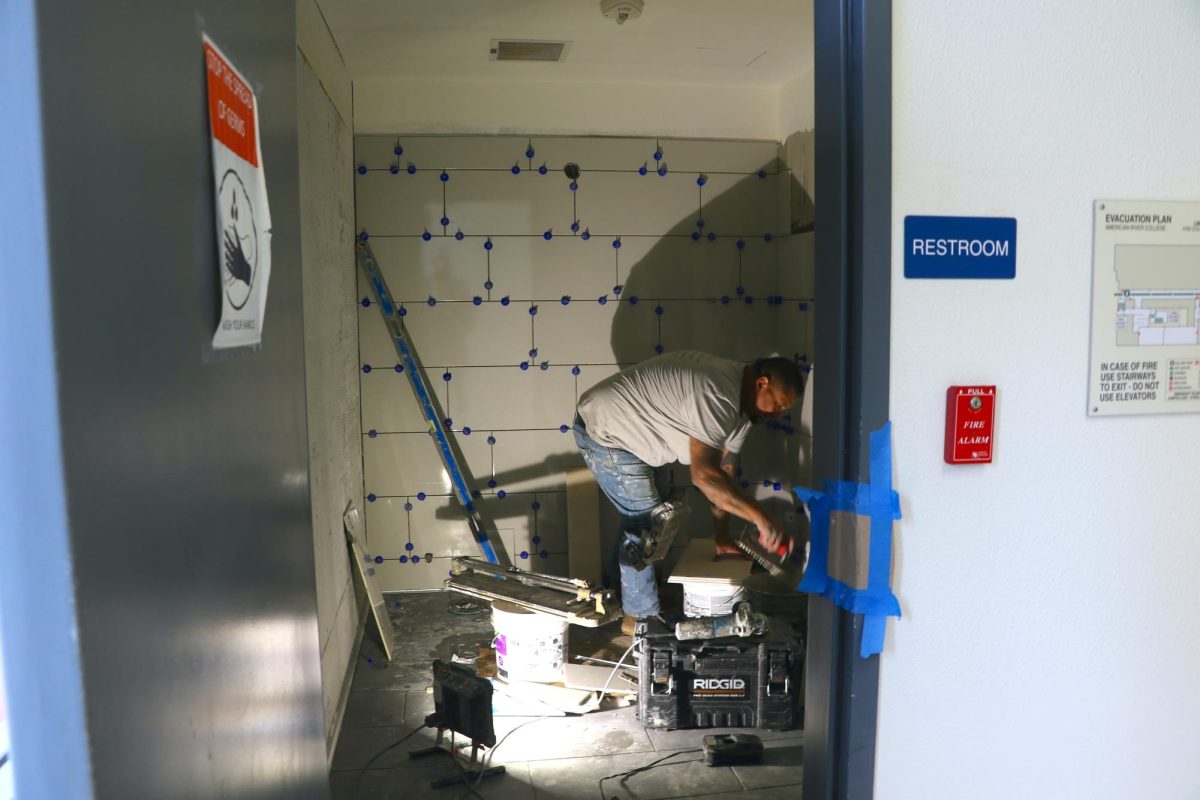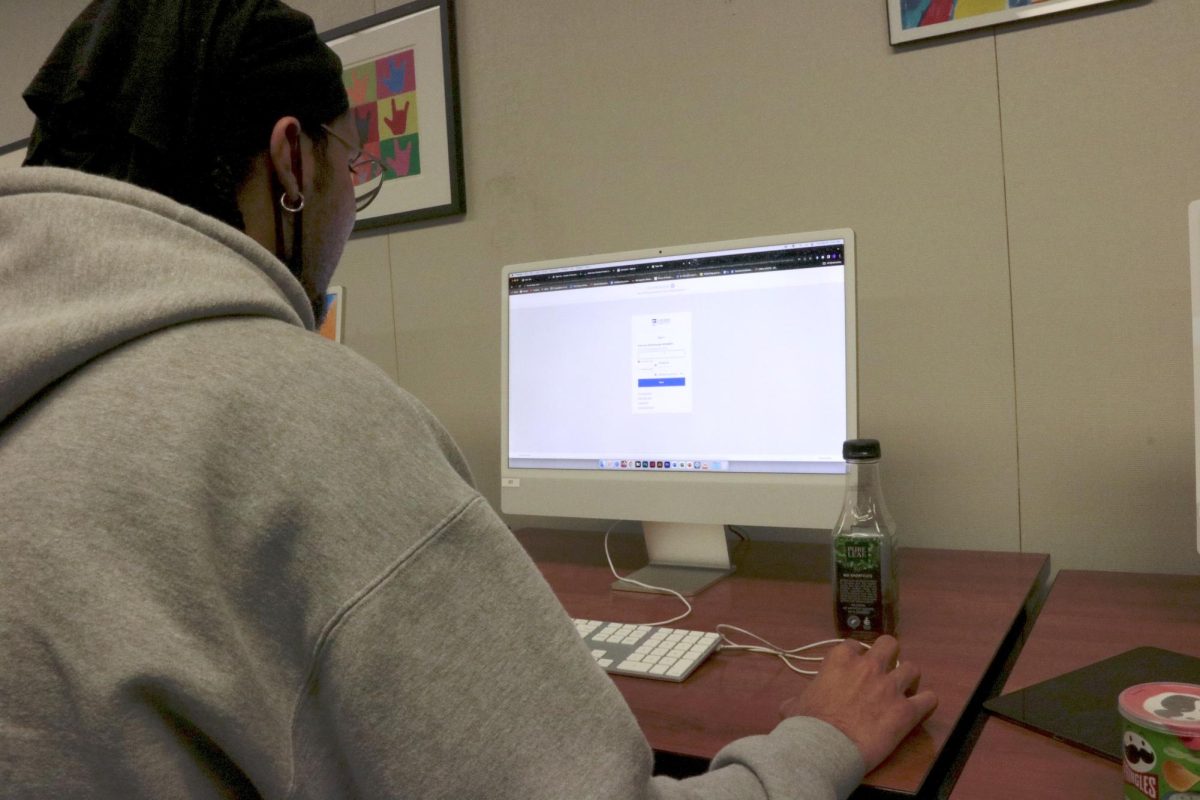There are many things on the minds of American River College students. Common to all is money. Whether worried about books or class fees, many students are aware of every dollar. With all the concern about student loans and financial aid, it’s important that students are aware of how that money gets to them; if they don’t read the fine print, that money can dwindle very quickly.
In the world outside of the college campus, there are many options to fill every possible banking need. From national banks like Wells Fargo and Bank of America to credit unions and online banks, the choices can seem overwhelming. ARC, however, like many other colleges, uses a specific bank to handle the financial aid awards that need to be delivered. That bank is HigherOne.
There is three options that HigherOne offers to students receiving financial aid: a mailed check, direct deposit into an account and money deposited onto a debit card. “We want to make student life easier,” said HigherOne Communication Director Shoba Lemoine.
Many colleges have begun using similar services, raising concerns with agencies such as the U.S Public Interest Research Group.
“Currently, 12.5 percent of all federal aid recipients nationally disburse their aid money into a HigherOne OneAccount,” said Rich Williams, Higher Education Advocate for USPIRG. “(There are) over 9,000,000 students at risk for increased educational debt, due to bank-affiliated campus debit cards.”
The risks from debit cards are similar to risks with many checking accounts. Fees that people may not be aware of.
The HigherOne Debit Card has fees related to the type of checking account selected. The “OneAccount” has a fee for using a PIN number instead of selecting credit; using a non-HigherOne ATM causes another fee. Being aware of the fees on an account is the best way to know how to avoid such fees.
This is standard with any account. Banks provide a fee schedule at the time of account opening or online. By reading all the fine print, a consumer can be aware of costs that can add up quickly. Concerns that groups such as the U.S. Public Research Interest Group have about student cards are the same concerns that many people have about banks in general.
Some students don’t realize that they have the option to still receive checks or direct deposits.
“I thought we had to get the card,” said Osari Hammons, a nursing major at ARC. “I don’t like the fees.”
Like a lot of people, Hammons stated he did not read through the fee schedule at the time he opened up the account.
The advice that both Williams and Lemoine have for students is the same. Make sure students are aware of what they are signing up for.

